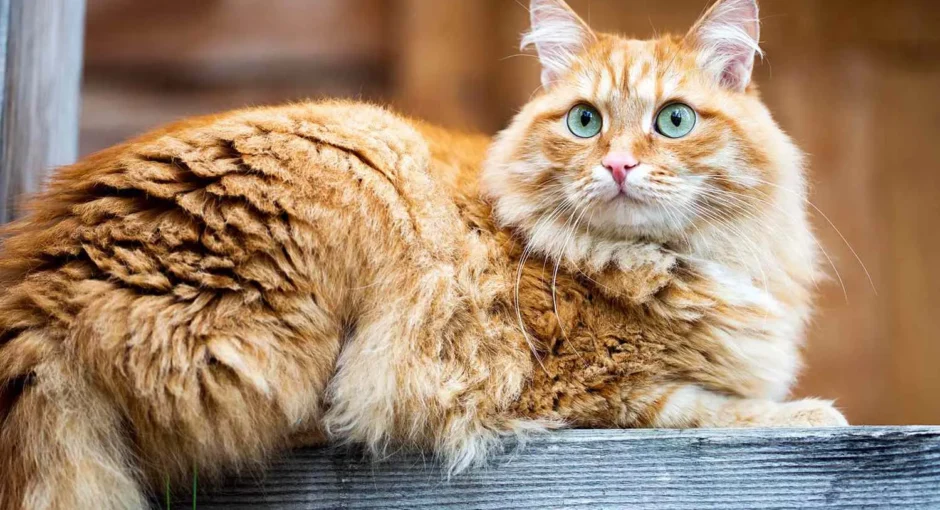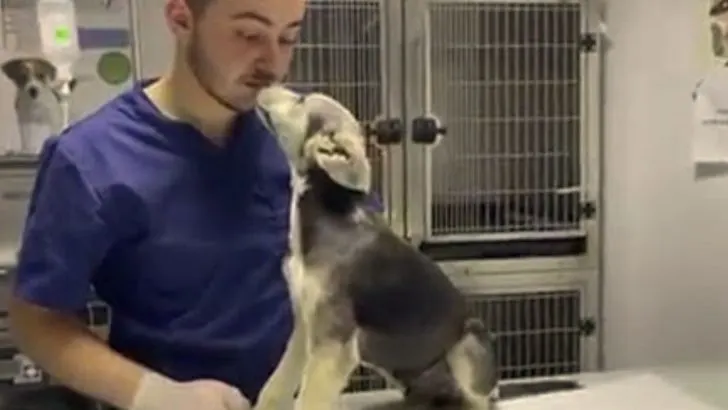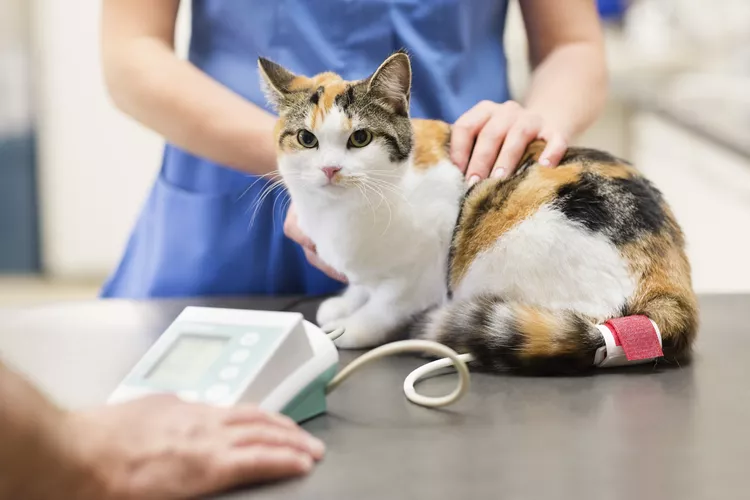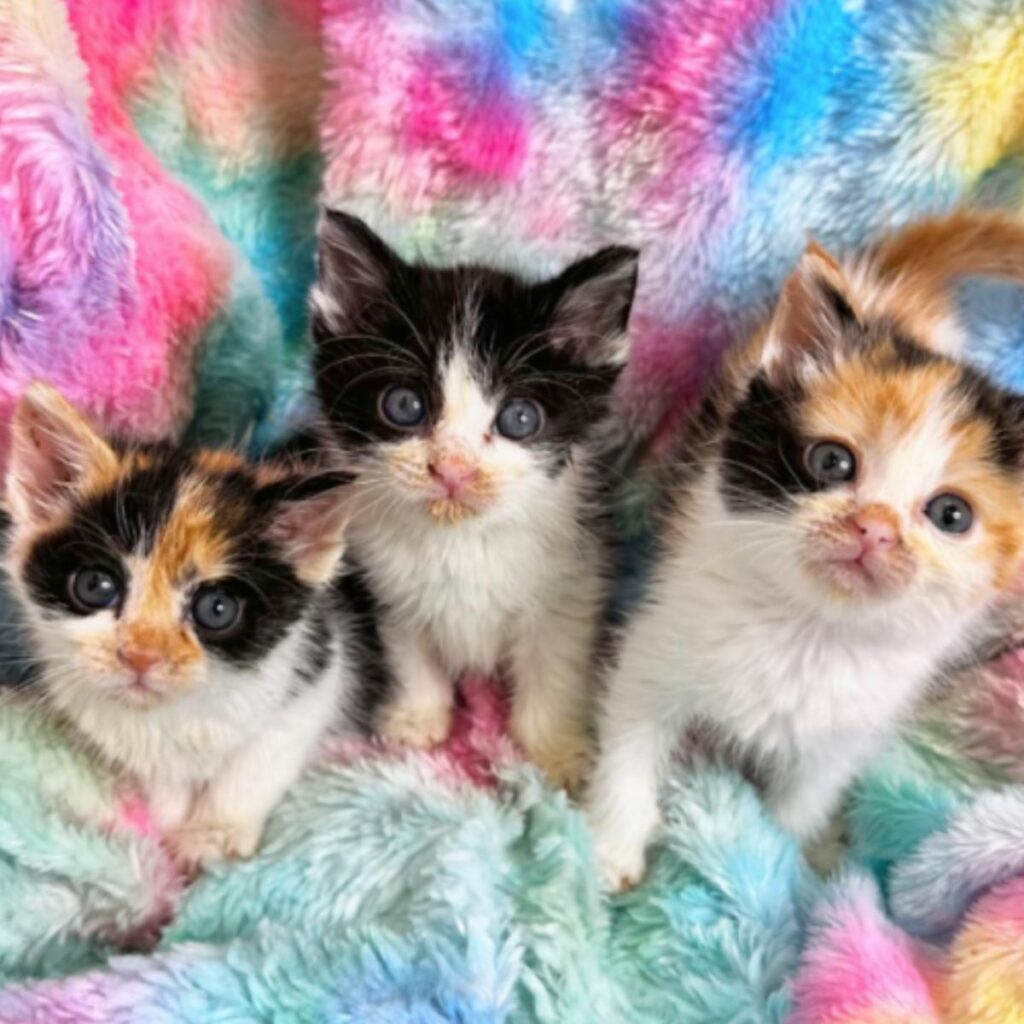Welcome to our comprehensive guide on Siberian cats, a delightful breed known for its unique characteristics and captivating personality. Whether you are a proud owner or considering bringing home one of these magnificent felines, we are here to provide you with all the care tips and insights you need to ensure a happy and healthy companion.
Siberian cats, originating from Russia, boast a luxurious triple coat that not only adds to their stunning appearance but also offers exceptional protection against the cold. But their beauty goes beyond their striking coat. These charming cats have an outgoing and affectionate personality that will melt your heart.
When it comes to care, Siberian cats require regular grooming to keep their coat in top shape, but you will find them relatively low-maintenance overall. Interestingly, they may be considered hypoallergenic due to their lower production of the FelD1 protein, making them a great choice for individuals with allergies.
These intelligent and energetic cats thrive on playtime and interaction, making them excellent companions for both children and other pets. They have an average lifespan of 10 to 18 years, weighing between 15 to 20 pounds, providing you with years of love and joy.
Throughout this guide, we will explore the physical characteristics of Siberian cats, delve into their charming personality and temperament, discuss their grooming needs, and provide valuable insights into their health considerations. Additionally, we will provide guidance on feeding and nutrition and offer resources for adoption and finding reputable breeders. If you’re considering a Siberian cat, we’ll also introduce you to some other cat breeds that share similar traits.
So, whether you’re a seasoned Siberian cat owner or new to this wonderful breed, get ready to embark on an exciting journey filled with fascinating facts and useful tips to ensure the happiness and well-being of your Siberian cat!
Read more: Calico Cat Care: Tips for a Happy Feline
Physical Characteristics of Siberian Cats
Siberian cats are known for their unique and striking physical characteristics. Here are some key features that define this beautiful breed:
- Weight and Length: Siberian cats typically weigh between 15 to 20 pounds, making them larger than the average domestic cat. They also have a length ranging from 17 to 25 inches, which adds to their impressive presence.
- Coat Texture: One of the most notable traits of Siberian cats is their coat. It can have varying textures, ranging from coarse to soft. This diversity adds to the charm of this breed.
- Triple Coat: Siberian cats have a luxurious triple coat that consists of a dense undercoat, a water-repellent mid-layer, and a longer guard coat. This triple coat provides excellent insulation and protection against the cold, allowing them to thrive even in harsh weather conditions.
- Collar Ruff: Another distinctive feature of Siberian cats is their full collar ruff. This thick fur around their neck gives them a regal appearance and adds to their overall elegance.
- Coat and Eye Color: Siberian cats come in a wide range of coat colors, including tabby, solid, tortoiseshell, and colorpoints. Their eye color can also vary and includes shades of green, gold, blue, and copper. This diverse palette enhances their individuality.
- Life Expectancy: Siberian cats are known for their good health and longevity. On average, they can live up to 18 years, providing many years of companionship.
- Build and Jumping Abilities: Siberian cats have a solid, muscular build with slightly longer rear legs. This physical structure gives them exceptional jumping abilities, allowing them to explore their environment with agility and grace.
With their impressive physical characteristics, Siberian cats truly stand out among other cat breeds. Their distinctive coat, varying colors, and powerful build make them a captivating and majestic presence in any household.
Siberian Cat Personality and Temperament
Siberian cats are known for their affectionate and friendly nature. They are highly intelligent and energetic, enjoying playtime with their human companions and a variety of toys. Siberian cats are friendly with children and other pets, making them great family pets.
They have a medium energy level and are relatively quiet, with a low tendency to vocalize. Despite their playful nature, they take approximately 5 years to reach full maturity. Siberian cats are adaptable and can thrive in different living environments.
Read more: Norwegian Forest Cat: Majestic Feline Guide
Key Features of Siberian Cat Personality and Temperament:
- Affectionate and friendly nature: Siberian cats are known for their loving and social personality.
- Intelligent and energetic: They are smart and require mental and physical stimulation.
- Family-friendly: Siberian cats get along well with children and other pets.
- Medium energy level: They are active but not overly demanding.
- Quiet: Siberian cats have a low tendency to vocalize.
- Full maturity: They reach their full maturity at around 5 years of age.
- Adaptable: Siberian cats can adapt to different living environments.
If you’re looking for a friendly and sociable cat that can fit well into your family, the Siberian cat’s personality and temperament make it an excellent choice.
Grooming Needs of Siberian Cats
Siberian cats, with their long and thick coat, require regular grooming to keep their fur healthy and prevent matting. Despite their luxurious coat, Siberian cats are relatively low-maintenance in terms of grooming needs. Here are some essential grooming tips for Siberian cat owners.
Brushing
Regular brushing is key to maintaining the beautiful coat of a Siberian cat. Although they only need occasional brushing, it becomes more important during heavy shedding seasons to remove loose hair and prevent matting. Using a suitable cat brush, carefully brush through their coat, paying attention to the areas prone to matting, such as the hindquarters and armpits.
Seasonal Coat Changes
Siberian cats have a unique ability to adapt to the changing seasons, which is reflected in their coat. During the warmer months, their coat becomes lighter, while it thickens and becomes fuller during the colder months. As seasons change, their grooming needs may vary, so it’s important to adjust the frequency of brushing and bathing accordingly.
Bathing
Siberian cats typically do not require frequent baths unless they have gotten into something particularly messy. However, regular baths can help remove loose hair and keep their coat clean and healthy. Always use a gentle cat-specific shampoo and ensure that the water temperature is comfortable for your cat. Remember to dry them thoroughly after bathing to prevent them from catching a chill.
Read more: How To Avoid Losing Your Cat? Discover These 7 Things Right Away To Keep Your Cat Safe
Nail Trimming
Regular nail trims are essential for the overall well-being of Siberian cats. Trimming their nails every couple of weeks helps prevent them from becoming too long and causing discomfort or potential injuries. Invest in quality cat nail trimmers and get your cat accustomed to this routine from a young age to make the process easier.
Ear Care
Check your Siberian cat’s ears regularly for any dirt or debris accumulation. Use a soft, damp cloth or a veterinarian-approved ear cleaning solution to gently clean the outer ear area. Be careful not to insert anything deep into the ear canal, as it can cause injury. If you notice any signs of infection, such as redness, swelling, or discharge, consult your veterinarian.
By incorporating regular grooming into your Siberian cat’s routine, you can ensure that their coat remains healthy, mat-free, and comfortable. Regular brushing, occasional baths, nail trimming, and ear care are the key elements of grooming that will keep your Siberian cat looking and feeling their best.
Health Considerations for Siberian Cats
Siberian cats are generally a healthy breed, but it’s important to be aware of potential health issues that they may be prone to. One common concern is hypertrophic cardiomyopathy, which is a form of heart disease that affects the heart muscle. Responsible breeders take steps to reduce the prevalence of this disease by screening their cats.
In addition to heart disease, Siberian cats are also at risk for other health conditions. These can include urinary tract disease, polycystic kidney disease, diabetes, and certain types of cancer.
Regular veterinary check-ups are crucial for maintaining the overall health and well-being of your Siberian cat. By keeping up with routine visits, your veterinarian can identify any potential health issues early on and provide the necessary treatment or management plan.
Proper care and attention to your Siberian cat’s health can go a long way in preventing or minimizing health conditions.
Here are some key health considerations for Siberian cats:
- Hypertrophic cardiomyopathy: Regular screening recommended
- Urinary tract disease: Monitor for symptoms and maintain good hydration
- Polycystic kidney disease: Regular veterinary monitoring is important
- Diabetes: Obesity can increase the risk, so maintain a healthy weight
- Certain types of cancer: Regular veterinary check-ups can help with early detection
Read more: How To Keep Dogs And Cats Living Harmoniously? Read These 5 Methods Right Away!
Feeding and Nutrition for Siberian Cats
Proper feeding and nutrition are essential for ensuring the health and well-being of Siberian cats. These majestic felines require a high-quality diet that is rich in animal protein to support their active lifestyle and maintain optimal muscle mass.
When it comes to feeding Siberian cats, wet food is highly recommended. Wet food has a higher moisture content, which helps prevent dehydration and promotes healthy kidney function. Additionally, wet food is naturally low in carbohydrates, which is beneficial for Siberian cats as they have a limited ability to process carbohydrates effectively.
Feeding measured amounts of food at scheduled times throughout the day is crucial for regulating weight and preventing overeating. Ideally, Siberian cats should be fed two to three times a day to ensure they receive the necessary nutrients without becoming overweight. Consult with a veterinarian to determine the appropriate portion sizes for your Siberian cat based on their age, activity level, and overall health.
In addition to a balanced diet, fresh water should always be available for Siberian cats. Hydration is essential for their overall well-being, and having access to clean water helps maintain their urinary tract health.
Key Takeaways for Feeding and Nutrition:
- Provide a high-quality diet rich in animal protein.
- Opt for wet food to prevent dehydration and maintain kidney health.
- Feed measured amounts of food at scheduled times to regulate weight.
- Ensure fresh water is always available.
Remember, every cat is unique, and their nutritional needs may vary. It is crucial to consult with a veterinarian to determine the specific dietary requirements for your Siberian cat. By providing the right food and nutrition, you can contribute to their overall health, vitality, and longevity.
Adoption and Breeder Resources for Siberian Cats
If you’re considering adopting a Siberian cat, there are numerous resources available to help you find your perfect furry companion.
Adoption:
- Local rescue organizations can be a valuable source for finding Siberian cats in need of a home. They often have a variety of cats available for adoption, including Siberians.
- Websites like Petfinder, Adopt a Pet, and Rescue Me have listings of Siberian cats available for adoption. These platforms connect potential owners with rescue organizations and individual foster homes.
Breeder Resources:
- If you’re interested in getting a purebred Siberian cat, contacting a reputable breeder is recommended. Reputable breeders adhere to ethical standards and prioritize the health and well-being of their cats.
- The Cat Fanciers’ Association (CFA) and The International Cat Association (TICA) officially recognize the Siberian breed. Both organizations provide breeder referral search tools on their websites, helping you find reputable breeders near you.
Attending cat shows is another excellent way to connect with breeders. Cat shows often feature breed-specific booths where you can meet Siberian breeders, learn more about the breed, and interact with their cats.
Whether you choose adoption or decide to go through a breeder, taking the time to research and find the right fit for you and your family is crucial. Siberian cats can bring immense joy and companionship, so it’s essential to find a cat that aligns with your lifestyle and preferences.
Read more: Why Do Cats Often Curl Up When Sleeping? The Following 6 Reasons Will Answer Your Question
Similar Cat Breeds to Consider
If you’ve fallen in love with the Siberian cat breed, you might also find these similar cat breeds appealing. Norwegian Forest Cats, Maine Coons, and Balinese cats share comparable traits that make them worth considering.
Norwegian Forest Cats, like Siberian cats, have a thick, double-layered coat that helps them withstand cold climates. They are known for their independent and playful nature, making them an excellent choice for active households.
Maine Coons are another breed that shares similarities with Siberian cats. They have large, muscular bodies, and their long, flowing coats require regular grooming. These gentle giants are known for their friendly and outgoing personality, making them great companions for families.
If you’re captivated by the Siberian cat’s striking appearance, you might also appreciate Balinese cats. They have a similar long and silky coat, but with a more refined and elegant appearance. Balinese cats are affectionate, intelligent, and enjoy being the center of attention.
While these breeds share some characteristics with the Siberian cat, it’s important to remember that each breed is unique. Take the time to research and consider which breed best aligns with your preferences and lifestyle before making a decision.







